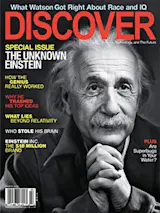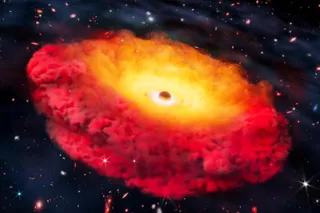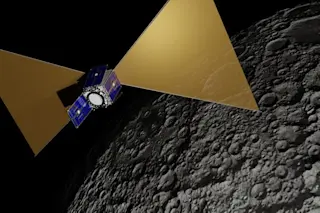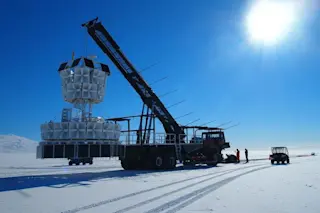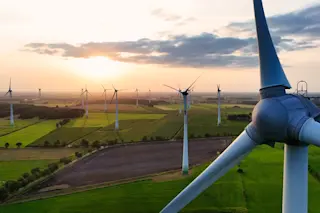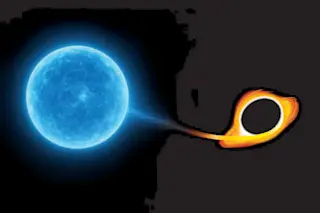Albert Einstein appeared on the scientific stage so suddenly, so unexpectedly, that it is impossible not to wonder whether his successor might already be toiling away in a lab or patent office somewhere. If Einstein 2.0 is out there, though, how would we recognize him or her?
Lee Smolin of Perimeter Institute for Theoretical Physics in Ontario, Canada, suggests some key qualities to look for. A deep understanding of physics is crucial, of course, but the trait that will define the next Einstein is something a little less scientific: daring. Einstein’s 1905 papers are breathtaking in ambition and scope, drawing on philosophy and thought problems as well as on the research of his time. The next Einstein will “come into physics and solve simultaneously a number of the key foundational issues, setting into motion great advances with immediate experimental implications,” Smolin says. Certainly the challenges are out there. Nobody has ...


